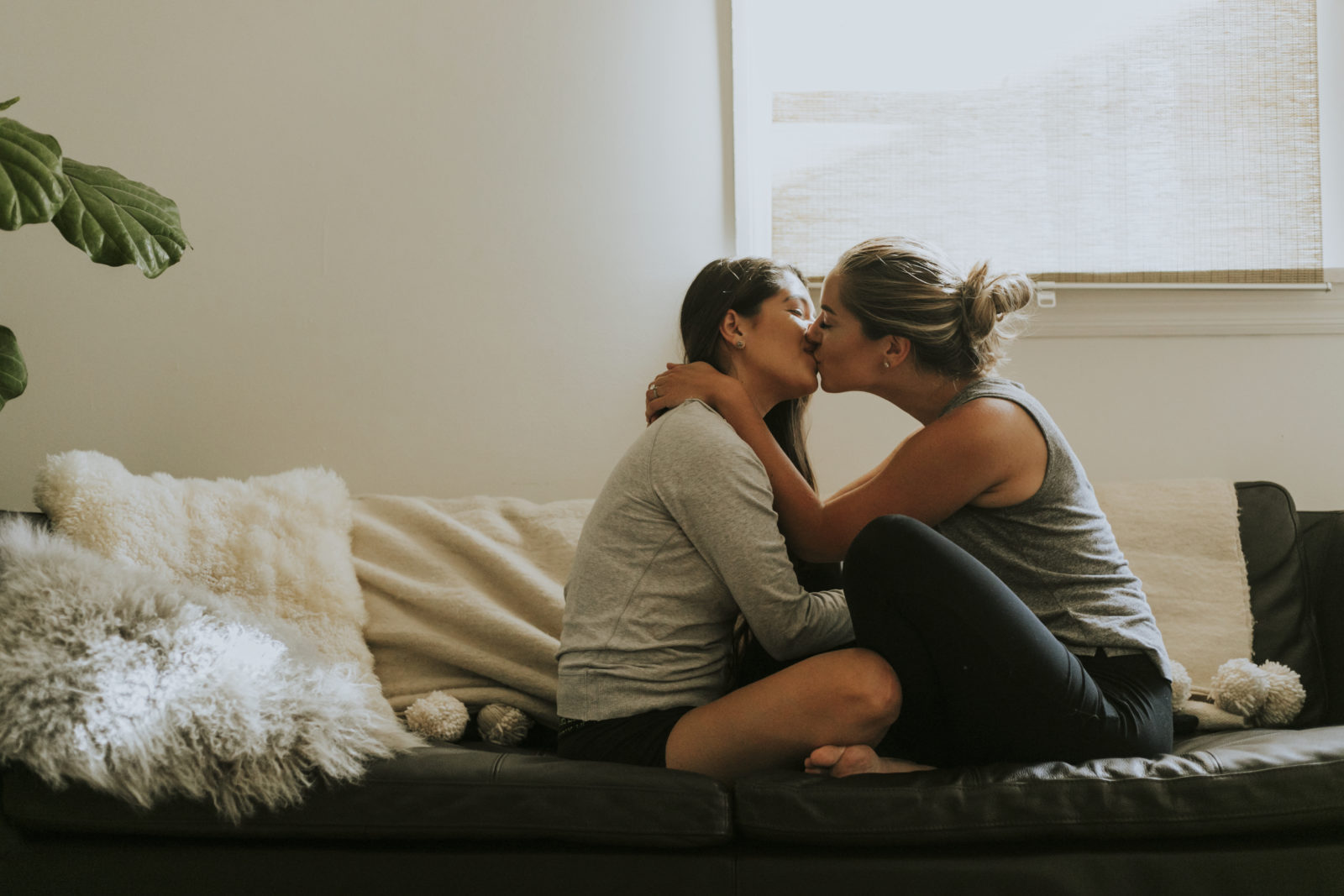
It was just a decade ago when, in 2012, Maryland residents voted to allow same-sex marriage statewide. The LGBTQ movement in the Free State has come a long way since then, and activists have been working diligently to expand our rights beyond the freedom to marry.
The Human Rights Campaign (HRC), the nation’s largest LGBTQ rights organization, upgraded Maryland’s Equality Score in 2019. The HRC Equality Index is a critical resource that scores states on LGBTQ issues such as: whether the jurisdiction has a statewide anti-discrimination law, whether the state has a strong hate crimes law, whether the state has strong legal protections for transgender residents, etc. Maryland now ranks in the top tier of the HRC Equality Index, meaning that state advocates are “focused on the implementation of laws and advance innovative legislation that addresses the needs of vulnerable LGBTQ populations.”
Some of the key LGBTQ-focused laws that have recently passed in Maryland include:
In addition to statewide legal protections, numerous local jurisdictions including Baltimore City, the City of Rockville, Frederick County, and Montgomery County have enacted local protections for the LGBTQ community. These steps will help increase the equity of LGBTQ Marylanders, and local protections often serve as models for implementing similar rights on the state level. Additionally, numerous local jurisdictions have actively worked with the LGBTQ community to improve community-government relationships. For example, Baltimore City recently opened its Office of LGBTQ Affairs, which is dedicated to improving the wellbeing of LGBTQ city residents.
The future for LGBTQ Marylanders is bright, but our work is not yet done. In 2020 and beyond, the movement must continue to focus on protections for transgender and non-binary people, LGBTQ youth, and addressing how issues such as poverty and housing instability disproportionately affect the LGBTQ community.
Samantha Jones
Member, Maryland NOW
Montgomery County Democratic Central Committee, District 19
LGBTQ Dems of MoCo, President